Advancing Outreach of Phosphorus Management in MN
Study author(s): Daniel Kaiser, University of Minnesota, Department of Soil, Water, and Climate
Years of study: 2018
Location(s): n/a
Important: for the complete report, including all tables and figures, please download using the link(s) to the right.
summary
Commodity and fertilizer price fluctuations and water quality concerns have increased the need for basic soil fertility outreach. Nitrogen has been a large target due to national water quality concerns with eutrophication in the Gulf of Mexico. Phosphorus is a major issue in Minnesota due to the impact of excess P on water quality in freshwater systems. Phosphorus is also a nutrient that needs to be supplied to crops grown in Minnesota. Since fertilizer can represent significant input costs, knowing how soil tests are correlated and calibrated and at what point P becomes an environmental issue is important to ensure the nutrient is being managed efficiently and profitably.
